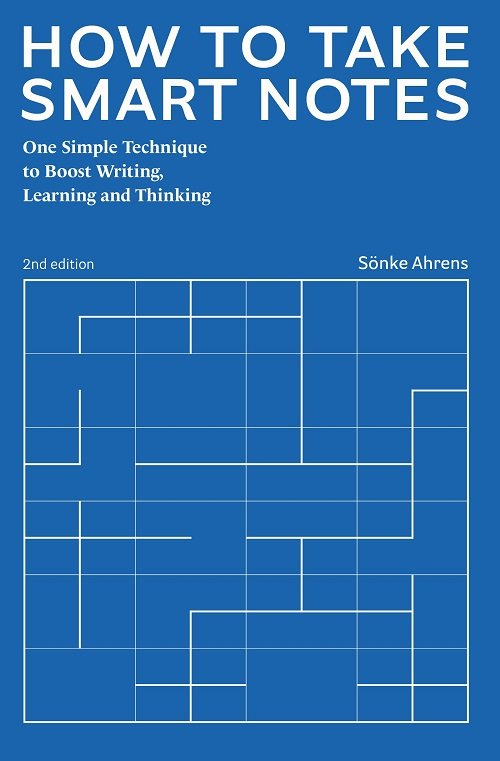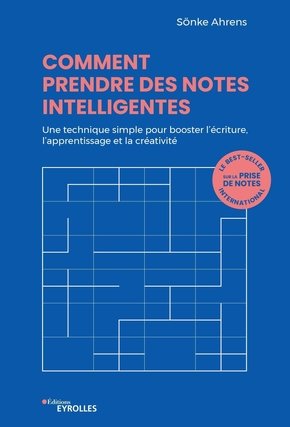The Zettelkasten
-

English
-

Bulgarian
-

Czech
-

Japanese
-

Simplified Chinese
-

Complex Chinese
-

Russian*
-

French
-

Korean
-

Portuguese (Brazil)
-

Spanish
-

German
-

Thai
*All proceeds from the Russian translation will be donated to Ukrainian causes and to support freedom of speech in Russia.
The Zettelkasten
When Niklas Luhmann, the German sociologist, became professor, he was asked about his research project. His famous answer:
"My project: theory of society. Duration: 30 years. Costs: zero."
Twenty-nine and a half years later, he published the last chapter of what is probably the most systematic and comprehensive sociological theory ever written. In these 29 and a half years, he published roughly another 60 books and hundreds of articles on a huge variety of subjects. And all of it was achieved by writing one smart note at a time.
A good note-taking system is simple, well thought out and helps you to stay focused on what really counts: Reading, Thinking and Writing.
It should not only make it easy to find notes quickly, but it should also point out relevant notes when you need them - even if you did not search for them.
It should help you to clarify your thoughts, let you experiment with ideas and spark new ones.
A sound system gets exponentially better the more you feed it.
The Book
The book aims to make the idea of Zettelkasten accessible to everyone interested in reading, thinking and writing, while explaining the science behind it. It was written with students, academics, and nonfiction writers in mind, but resonated with a much broader audience than anticipated.
The revised and expanded second edition takes this into account. The main difference to the first edition is an appendix with a glimpse into Luhmann’s Zettelkasten. Here is the appendix for those who bought the first edition:
The Tools
As long as the principles of Zettelkasten are well understood, they can be implemented with a wide range of tools, both analogue and digital. But because changing tools midway is always a hassle, it is worth giving the right tool a bit of thought.
My program of choice used to be ZKN3 by Daniel Lüdecke, which is free and developed explicitly to emulate the Zettelkasten, but it lacks the flexibility of newer apps. Alternatives of stand-alone Zettelkasten programs include Zettlr and The Archive.
Nowadays, I use and value Roam Research, but would probably go with Obsidian if I had to start over today. It is free and comes with a friendly, supportive community. Alternatives include logseq, TiddlyWiki, its add-on Stroll, RemNote, Amplenote, and Org-roam. Sometimes classic note-taking apps, Bearnotes, Notion, and Evernote are also used as a Zettelkasten, but most people will eventually switch to sleeker tools like Obsidian or Roam anyway.
For academics, a separate reference manager is a must; for everyone else, it is something I highly recommend. Zotero has some neat features to make your life much easier. As an open-source project, it is constantly being improved. Alternatives include Endnote, Mendeley, and Citavi.
Foreign Rights
Translation rights for many languages are still available. For inquiries, please use the contact form.
Apart from the books listed above, translations into the following languages are already sold: Portuguese (Brazil), French, and Thai. Not yet finalized are offers for Vietnamese and Serbo-Croatian.
I am also happy to work with publishers interested in taking the planned second editions of the German and Spanish books on board.
